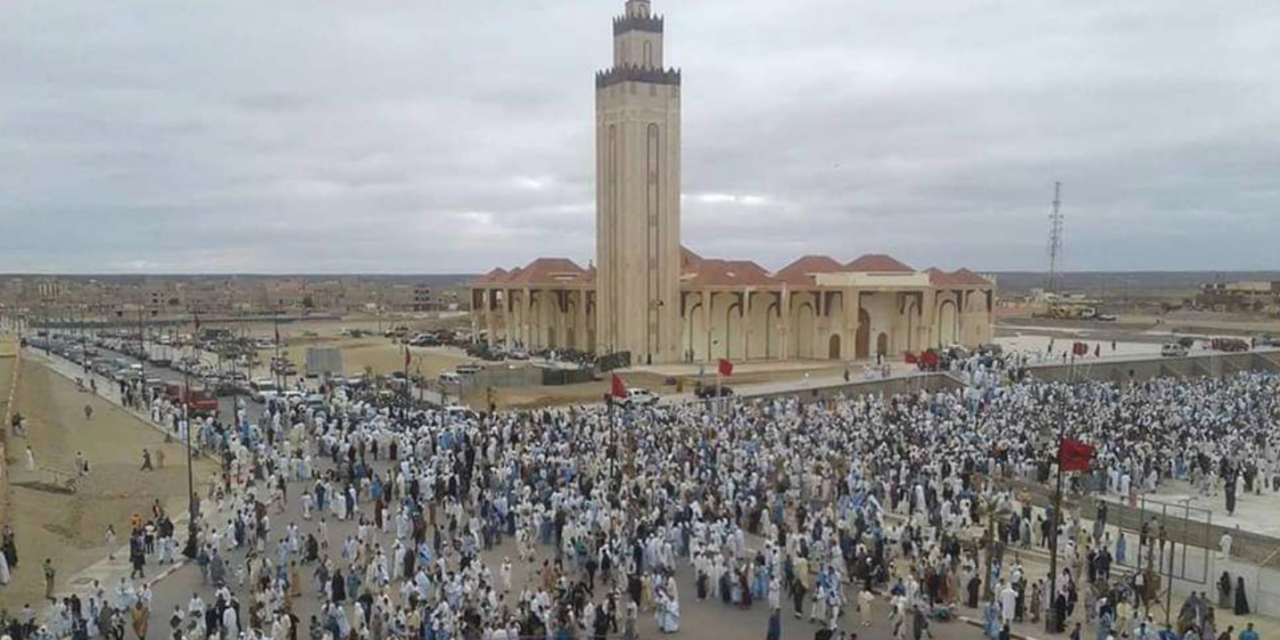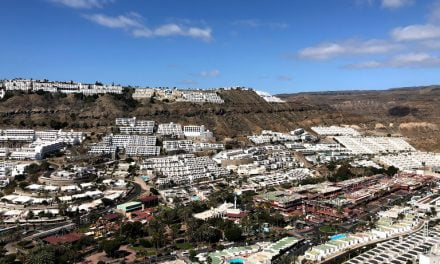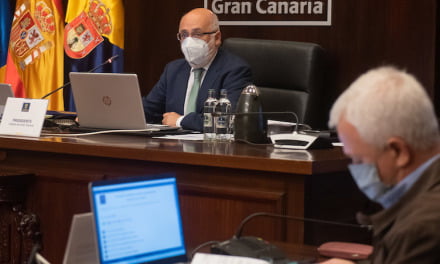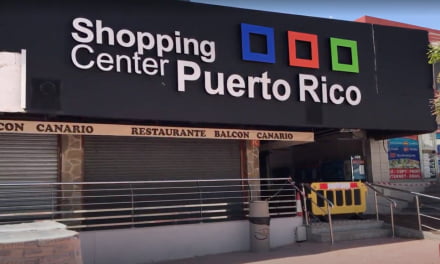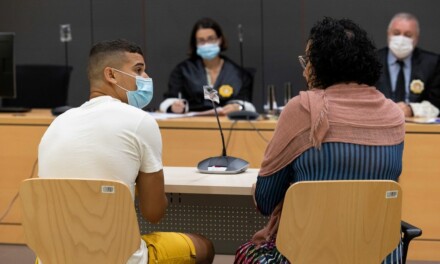In the early hours of Sunday, October 29, a series of at least four explosions reverberated through the city of Smara in the occupied territory of Western Sahara, resulting in one death and leaving three injured, with two in critical condition. This sobering event, in the country closest to The Canary Islands, has prompted swift action from local authorities. They’ve confirmed details to the Moroccan official news agency MAP, while the independence fighters of the Front Polisario, engaged in a long running cold war with Morocco, have vehemently denied any involvement in the incident.
 In response UN peacekeeping forces, part of the MINURSO mission, have been promptly dispatched to investigate the incident. There is a suspicion that this may have been a deliberate act. The injured have received medical attention, with two of them being transported to the Ben Mehdi Hospital in the occupied capital, El Aaiún some 220km away, while the third has been discharged after initial treatment. Additionally, two residences have suffered damage, underscoring the size and impact of the explosions. Sources on the ground say the authorship of the mysterious attack remains unknown, generating controversy and mutual accusations from each side, which has led to some manipulation of data on victims and damage being shared through messages and social networks.
In response UN peacekeeping forces, part of the MINURSO mission, have been promptly dispatched to investigate the incident. There is a suspicion that this may have been a deliberate act. The injured have received medical attention, with two of them being transported to the Ben Mehdi Hospital in the occupied capital, El Aaiún some 220km away, while the third has been discharged after initial treatment. Additionally, two residences have suffered damage, underscoring the size and impact of the explosions. Sources on the ground say the authorship of the mysterious attack remains unknown, generating controversy and mutual accusations from each side, which has led to some manipulation of data on victims and damage being shared through messages and social networks.
Meanwhile, the Moroccan General Prosecutor’s Office in El Aaiún has taken the significant step of launching a judicial investigation into what was termed as the suspected “impact of a projectile” in Smara. This process will entail comprehensive technical and ballistic assessments to ascertain the origin and nature of the blasts. The Prosecutor’s Office have said they are committed to ensuring that legal consequences are determined based on the results of this thorough investigation.
Eyewitness accounts vividly describe the force of the explosions, causing the ground to tremble. Blast fragments were found scattered in the vicinity, further highlighting the gravity of the situation. Disturbed by the events, residents sought refuge and information at the city’s mosque, in a community of around 60,000 people.
This appears to be one of the very rare occasions when Morocco have reported having been attacked, despite the more usual policy of never admitting any vulnerability
The Polisario Front has reported through the SPS news agency several of their own artillery attacks in the regions of Mahbes, Farsia and also the province of Smara, although it has stressed that the objectives were always Moroccan military positions located along the Moroccan Western Sahara Separation Sand Wall, known as “The Berm“, erected by Morocco in Western Sahara to try to deter incursions, and in no case would it have attacked the city of Smara, according to reports from the ECSaharaui portal, saying “The Sahrawi Army has not carried out any attack against the occupied city of Smara but it has bombed several points in that large sector, according to a statement released by the Sahrawi defence. According to the same statement, the Sahrawi defense acknowledged having attacked sites of the Moroccan occupation Army in Smara, the airport and ammunition warehouses on the outskirts of Smara.”
The Canary Islands, situated in relative proximity to this conflict, play a role as witness to the geopolitical dynamics of this region.
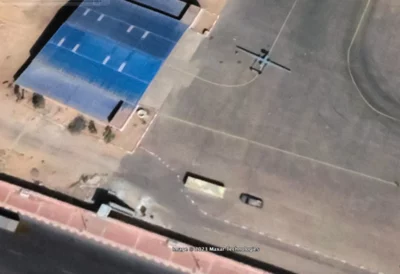
A satellite image from October 20th, 2021 shows what appears to be a Heron drone in Dakhla airport in Moroccan-controlled Western Sahara. Photo: Maxar Technologies via Google Earth
Could Drones Be Involved?
Earlier this year reports indicated that the Moroccan Royal Armed Forces (FAR) have acquired SPY-X kamikaze drones from the Israeli company Bluebird Aero Systems. This acquisition bolsters their military capabilities and follows the resumption of diplomatic relations between Morocco and Israel in December 2020. Notably, the entry of these Israeli aircraft into service aligns with the conclusion of seven months of training in China for Moroccan soldiers in the operation of Wing Loong II drones, which were previously acquired by the FAR.
This long running strategic move towards advanced drone technology is now part of a broader deal involving Israel Aerospace Industries (IAI) acquiring a 50% stake in BlueBird Aero Systems. While finalised last year, this deal faced delays due to political uncertainties in Israel. This shift towards Israeli drones, known for their sophisticated surveillance capabilities, has garnered attention and controversy.
Morocco has previously sought drone procurement from the United States, exemplified by negotiations for the sale of SeaGuardian MQ-9B aerial drones with an extensive range, reflecting a significant shift in the region’s geopolitical landscape after Israel and Morocco normalised diplomatic relations as a result of the Abraham Accords deal back in 2020. This had followed a sudden flare up in fighting, and soon after the then US president defying UN policy by recognising Morocco’s claim over the Western Saharan territory which they have occupied for nearly fifty years. Israel were soon to follow, and the recognition paved the way for increased trade and diplomacy between Morocco and various other countries including Turkey and Saudi Arabia, who are thought to have gifted Chinese drones to the Alawite Kingdom.
The shift in procurement has contributed to the proliferation of drones in Morocco, significantly impacting the dynamics of the conflict in Western Sahara, producing a technological disparity, where Morocco has acquired drones from various sources including Israel, Turkey, and China, while the Polisario rely on more traditional guerrilla tactics, has created an asymmetrical situation. The Canary Islands find themselves, somewhat, at the crossroads of evolving regional dynamics, underscoring their strategic significance in a complex geopolitical landscape.
One Saharaui human rights activist living near the sites affected by this weekend’s explosions expressed uncertainty about the cause of the blasts. However, there are doubts about the possibility of them being caused by Moroccan drones, though they are regularly launched from military bases in the city, investigators will now be working hard to clarify exactly what caused the multiple explosions, one death and three injured, at a time of heightened global tensions, and in a situation that the resistance Polisario government in exile regularly compares to that of the people of Palestine.
Morocco have long collaborated with Israel, and now do so openly, is it any wonder that there are some who have raised the question of just how closely they plan to work together, and what influence one may have over the other?

